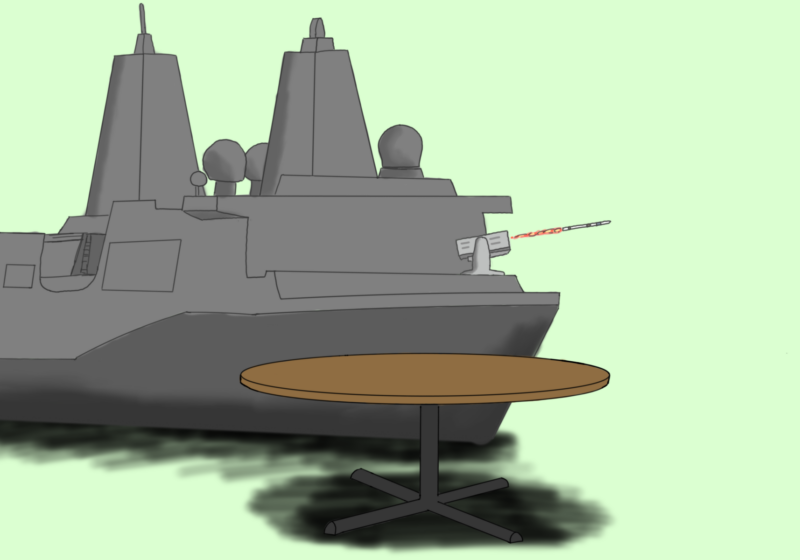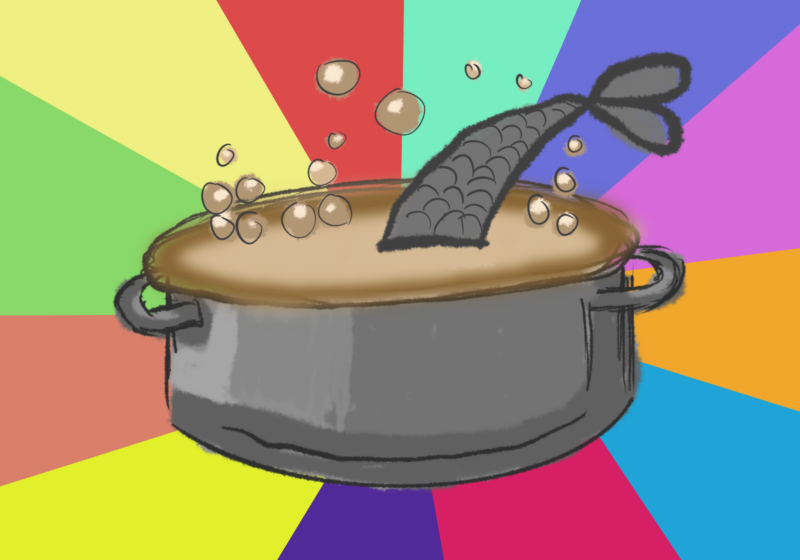On Feb. 1, the River Campus began participating in the Web-based UR Survey of Student Well Being.
All undergraduate students 18 years old or over should have received an e-mail from Dean of Students Jody Asbury asking them to participate in this survey.
The survey is being conducted by Kerry Knox, Ph.D., Associate Professor of Psychiatry and Community and Preventive Medicine at the UR Medical Center, in association with Associate Director of Health Promotion for University Health Services Linda Dudman and Janis Whitlock of the Cornell University Family Life Development Center.
The survey asks questions regarding relationships with friends and family, the use of video games and the Internet, life experiences and health issues. The survey and the results gained from it will be used to help better serve students at UR. Besides helping UR assess the health of its undergraduates, the research is part of a combined effort of five other universities.
The survey is part of research being done by the UR Center for the Study and Prevention of Suicide. In Feb. 2004 and Nov. 2005, the University participated in the National College Health Assessment, which was developed by the American College Health Association. These two studies returned some alarming results.
According to results provided by UHS in 2004, 10.5 percent of undergraduates reported seriously considering suicide and 0.8 percent reported attempting suicide. In 2005, numbers rose to 13.2 percent of undergraduate students considering suicide and 1.3 percent reporting having attempted suicide. The percentage of students contemplating suicide in both the 2004 and 2005 study was higher at UR than that of the reference group composed of undergraduates from around the country.
The converse was true at UR for the number of students reported having attempted suicide, with results for that figure being lower than the national level.
“Each year, UHS and the University Counseling Center set goals for the coming year. One of the goals that we have had for the past several years is to promote healthy behaviors,” Dudman said. “Since 2003-04, one of the objectives for this goal has been to reduce the rate of student suicide attempts. Suicide prevention was identified as an important area to focus our attention.”
This new survey is an opportunity for those both at UHS and the CSPS to evaluate where undergraduates stand right now. The goal of the survey is to gather “information about the status of student social, emotional and mental health,” Knox said. The information gathered will be used “to strengthen UR student support services and to contribute basic knowledge about social, emotional and mental health on college campuses,” she added.
Knox explained that the process of suicide prevention begins early on.
“Faculty (including myself) in the CSPS approach suicide prevention as the ‘tip of the iceberg’ – we strongly believe that by encouraging communities to take responsibility for what is surely the worst outcome, we also can improve the overall mental health in communities and that this approach should certainly be extended to college campuses.”
Furthermore, she added that “suicide ? can be associated with other precursors that are also very negative. So by targeting preventing suicide potentially we can prevent all of these earlier precursors.”
Knox is working with five other universities to administer the survey: Cornell University, Massachusetts Institute of Technology, Columbia University, Harvard University and Princeton University.
“The partnership has been developed over three years with six universities who agreed to implement the survey and two interventions: gatekeeper training – primarily for RAs, but we have also done training for campus police and plan to do one more for one of the athletic departments – and a clinical competency training specific for professionals to better assess and manage suicidal students or students in distress,” Knox said.
Knox hopes that the survey can be used to help implement a successful approach to reduce suicide attempts, thoughts and other unhealthy behaviors at UR.
One approach that is being considered is based on a method that is used by the U.S. Air Force. This method has been successful in the past in reducing suicidal tendencies, and UR hopes to emulate its techniques. According to Knox, part of the process is to “learn more about why this program is so effective and how to translate and adapt it to other settings.”
The survey is online and takes about 15-20 minutes to fill out. Responses are anonymous and kept confidential. There are no risks and participating will assist UHS, URMC and other groups in the UR community in dealing with student health related issues.
The researchers would like to get as many responses as possible to make efforts successful. As an incentive, the students who complete the survey will be randomly selected to win one of three available cash prizes of $100, $75 or $50. Also, every 10th student who completes the survey receives a coupon to use at The Meliora Restaurant.
Levy is a member of the class of 2008.




